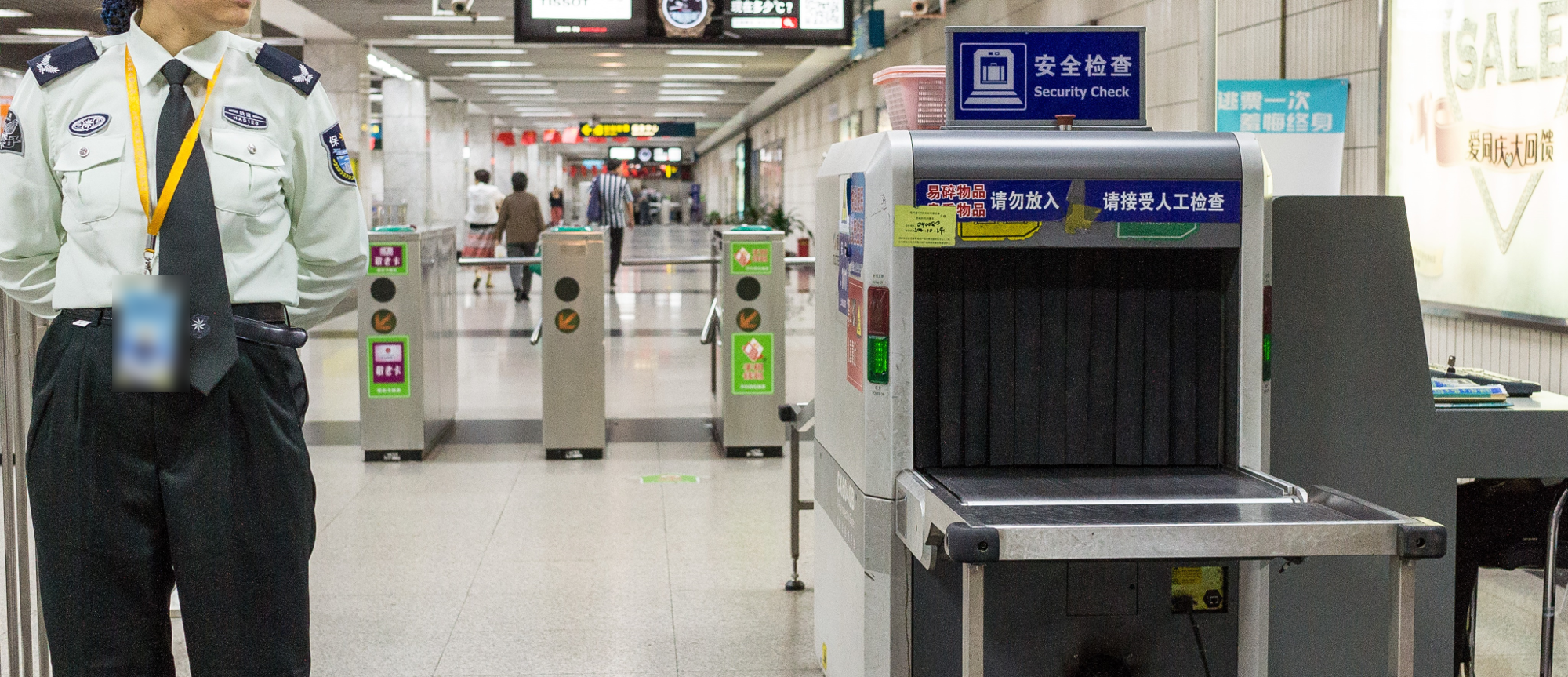Singapore wants to increase security in public transport with metal detectors and x-ray scanners. The transport entity Land Transport Authority (LTA) has started a six-month trial for enhanced security screening at random Mass Rapid Transit (MRT) stations. This test can involve up to 6 stations at any given time until May 2019
Some commuters may be required to walk through a metal detector and pass their belongings through X-ray scanners before entering the fare gates. By the end of this year, public transport operators will also progressively introduce handheld metal detectors in security checks at bus interchanges and MRT stations.
The objective of the trial is to help improve security operations on rail services. Information obtained through the trial will enable LTA to streamline and optimise its security screening processes. Also, to reduce the future impact on daily rail operations. In addition, the transport agency will collect feedback from commuters and public transport operators. The aim is to improve effectiveness of future security operations and emergency exercises.
Not new to metal detectors and X-ray scanners
LTA had previously tried out these security measures, but on a smaller scale. In February, commuters had to go through X-ray scanners and metal detectors at one of the exits at the Downtown Line’s Newton station. This security check added around eight minutes to the travelling time.
Mixed reaction
This increase in waiting time has caused a mixed reaction to metal detectors and x-ray scanners. Some commuters fear the screening will cause delays and that peak-hours will be more stressful than currently. Others believe security outruns inconvenience. “MRT and train stations are targets of choice by terrorists. I would prefer to suffer some delays rather than rush through to insecurity and, worse, damage” stated Associate Professor Bilveer Singh at the National University of Singapore’s (NUS) political science department.
Will the screening be effective?
Three years ago, the United States Homeland Security officers carried out a test to check airport screening effectiveness. Officers masqueraded as travellers were able to smuggle potentially dangerous weapons in 67 out of 70 instances. These results led to major changes at Transport Security Administration (TSA). Nevertheless, in recent undercover tests, inspectors said screeners, their equipment or their procedures failed more than half the time.
Hands-free ticketing trial
Security screening with metal detectors and x-ray scanners is not the only trial at LTA. In June, Singapore started testing a new hands-free ticketing technology to create a more inclusive transport system.
This hands-free ticketing technology removes the need for commuters to tap their cards at fare gates. Instead, participants can just walk through carrying a radio frequency identification (RFID)-enabled card. Sensors installed on both sides of the fare gates read these cards, even if they are kept in bags or pockets.



